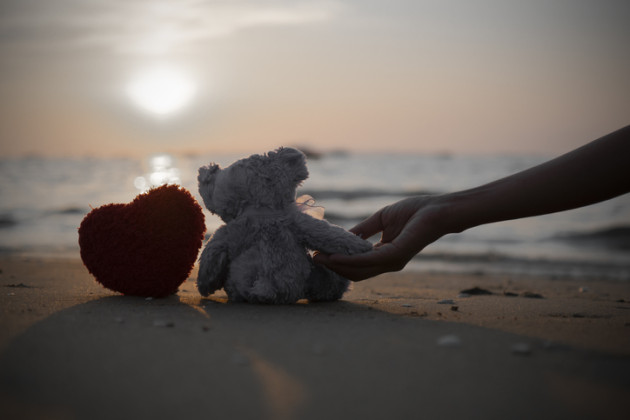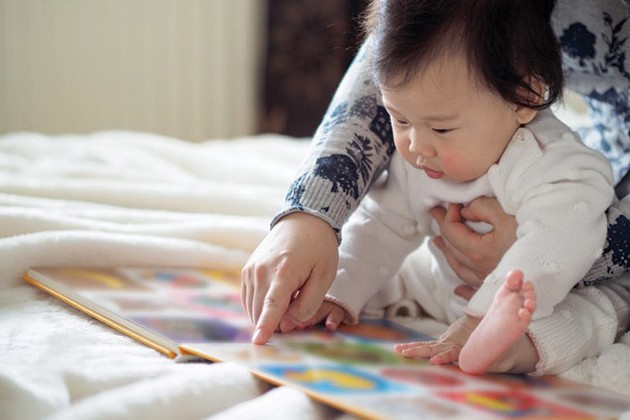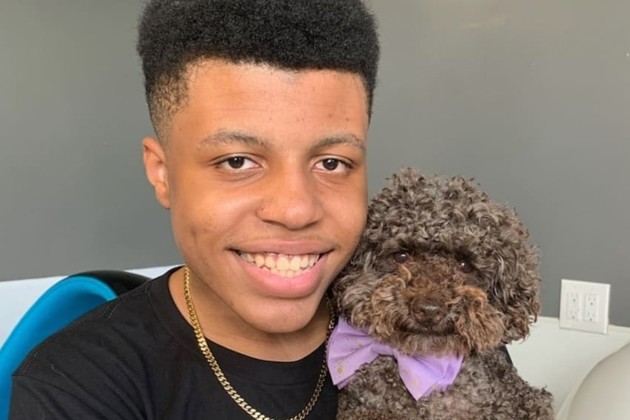How to Talk to Kids About Tragedies and Disasters

Some days it seems as if mass shootings, toxic spills and natural disasters are making news with alarming frequency. And chances are your school-age child will learn about these shocking global events and tragedies, whether you discuss them at home or not.
Given today’s lightning-fast communications, you can pretty much bet that if your kids aren’t hearing about these tragedies and disasters at school, they’re seeing pictures on the web or nightly TV news or picking up on your comments when you think they’re occupied in the other room.
Even just hearing about tragic events can trigger stress and anxiety in children
The problem is, even just hearing about tragic events can trigger stress and anxiety in children.
Kids may worry about their own safety, whether mom’s office is secure or whether it’s okay for dad to book a flight for an upcoming business trip.
Today, most experts believe you should consider talking to your kids about disturbing events, as their worries won’t go away simply because you choose to ignore them. However, experts say, the comments you make should be tailored to your child’s age, personality, ability to understand language and level of emotional development.
Try these three tips for talking to your kids about tragedies and disasters:
When tragedy strikes, give your child time to express fears and really listen to what your child is saying.
Putting worries into words makes fears more manageable. Ask yourself: Is my child looking for more information? Is my child afraid a similar event can strike here? Take time to reassure your little one that the adults in your lives are working very hard to protect your family. Pay attention to your child’s impression of the events and gently correct misconceptions.
Monitor your own anxiety.
Children are often keenly aware of how the adults around them handle upsetting information. The way you respond to stress will impact your kids’ reactions. Use simple terms to explain how you feel and select your words carefully to explain what you are doing to cope with stressful situations. Model constructive behavior: remain calm, gather information and stay in touch with family and community members. Maintain routines whenever possible.
Help older kids process emotions by supporting their interest in recovery and other efforts.
Look for age-appropriate stories and books about similar occurrences. Check online resources for local programs and national campaigns aimed at emergency initiatives. Brainstorm together and settle on an action that is safe, grade-appropriate and achievable, such as donating clothing, toys, books, furniture, funds and household goods to communities in need. Being a helper helps everyone.
In this “Dear Highlights” podcast Editor-in-Chief Christine French Cully and her guest, educational psychologist Michele Borba, EdD, discuss how the pandemic has affected children as their worlds turned upside down, and how parents can nurture optimism in their kids as we move to a new normal.









